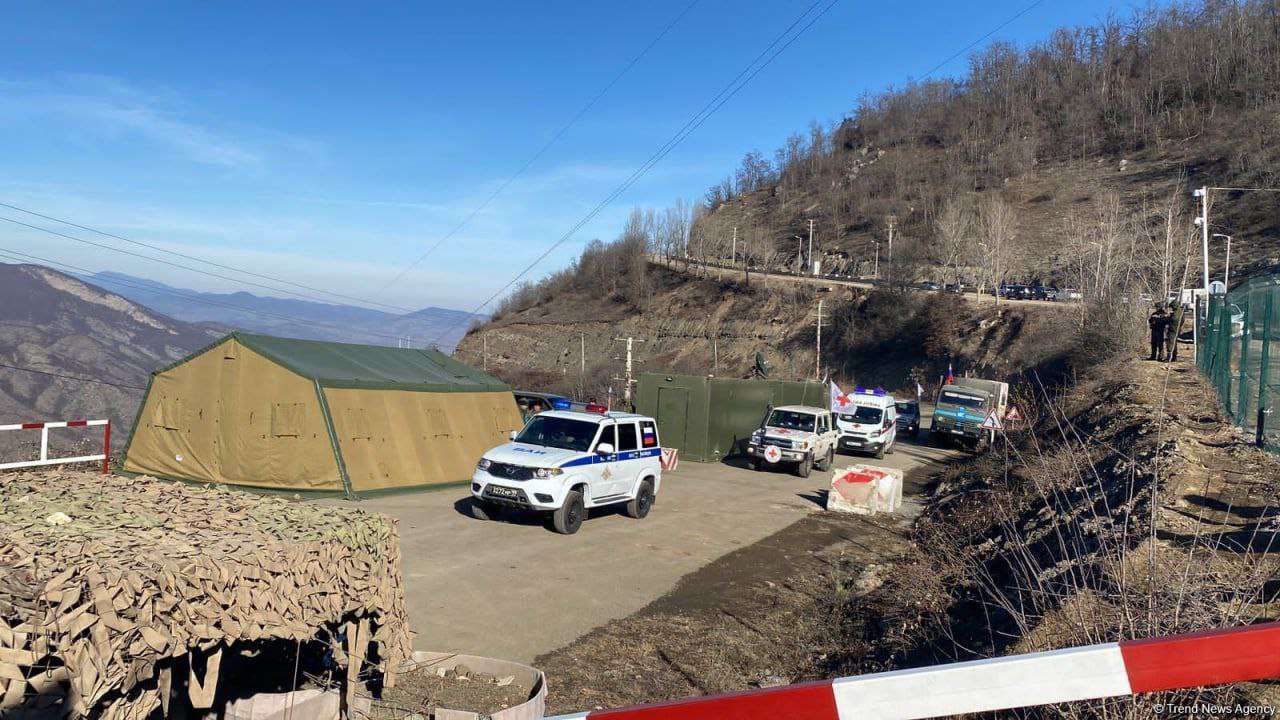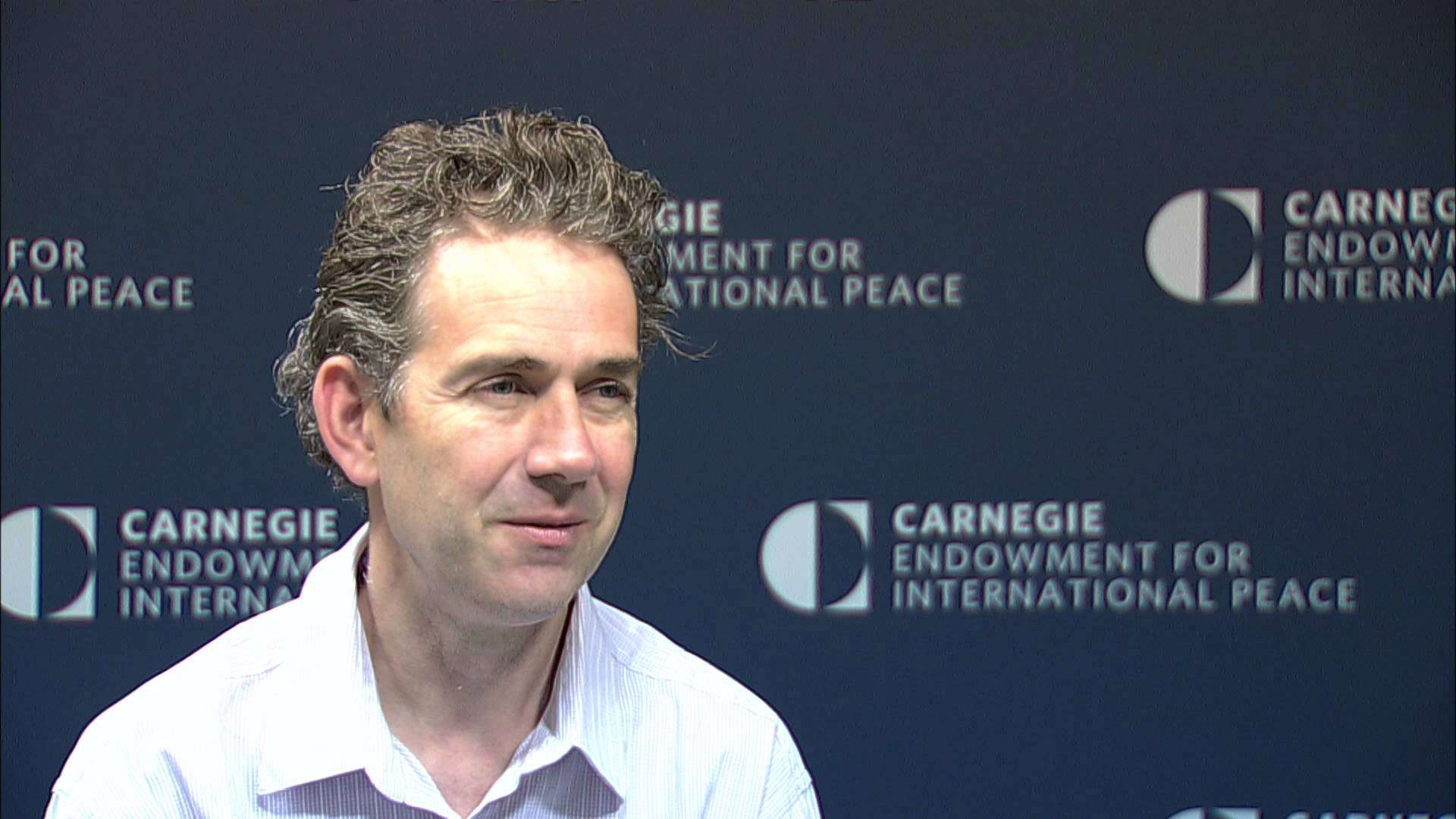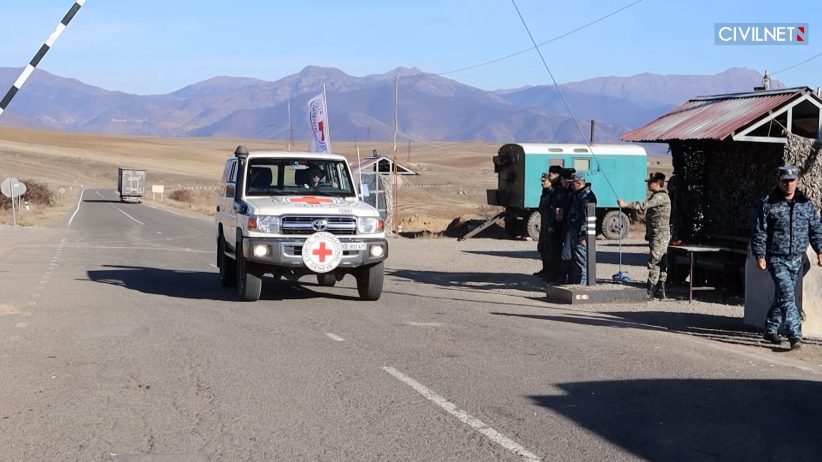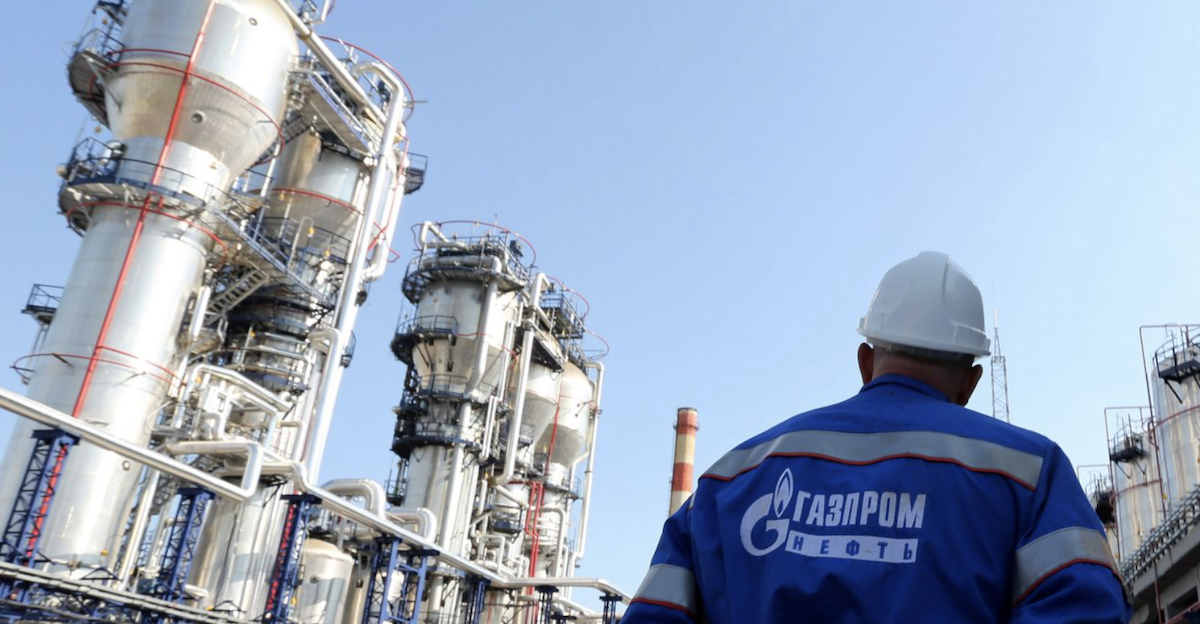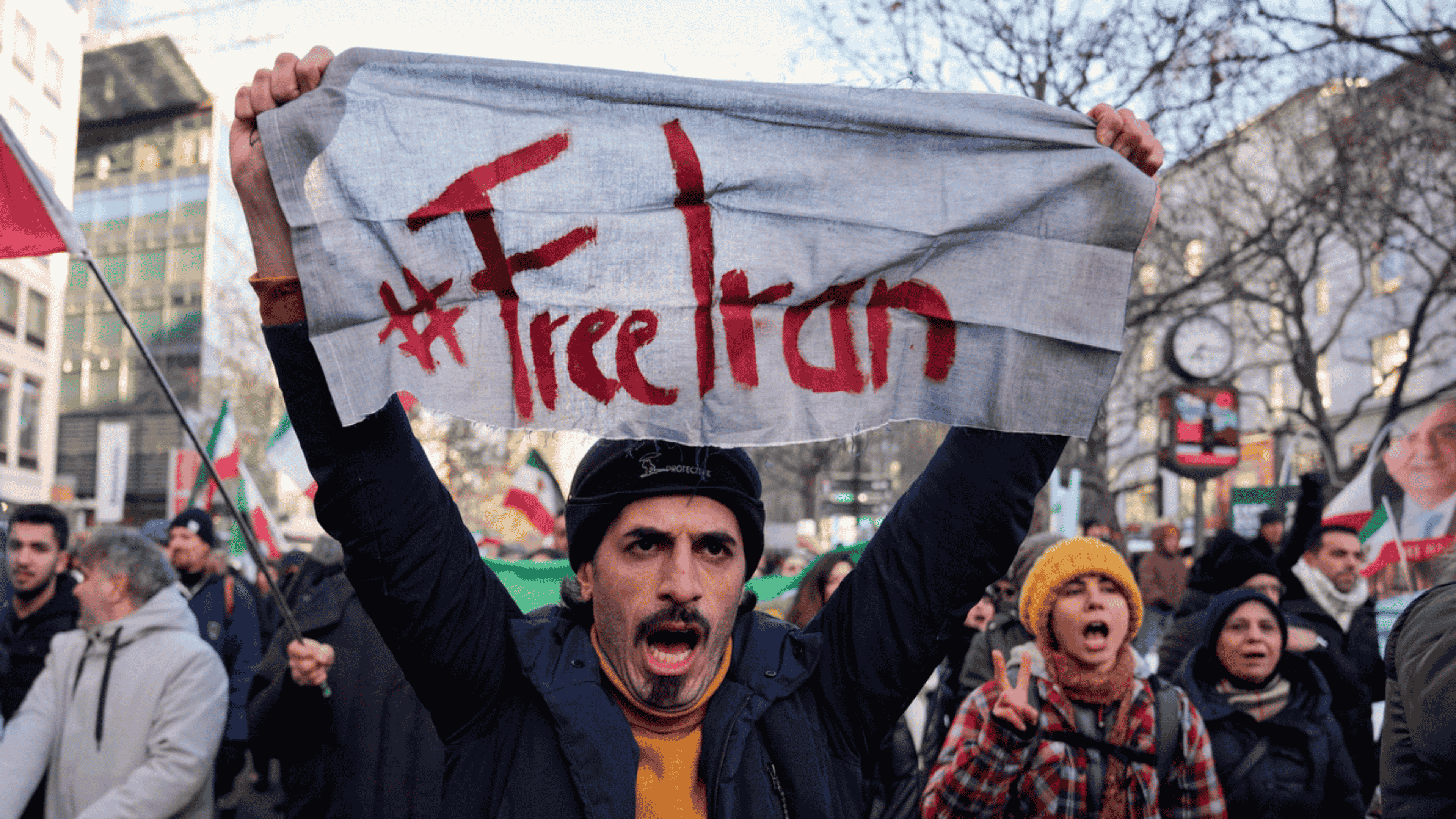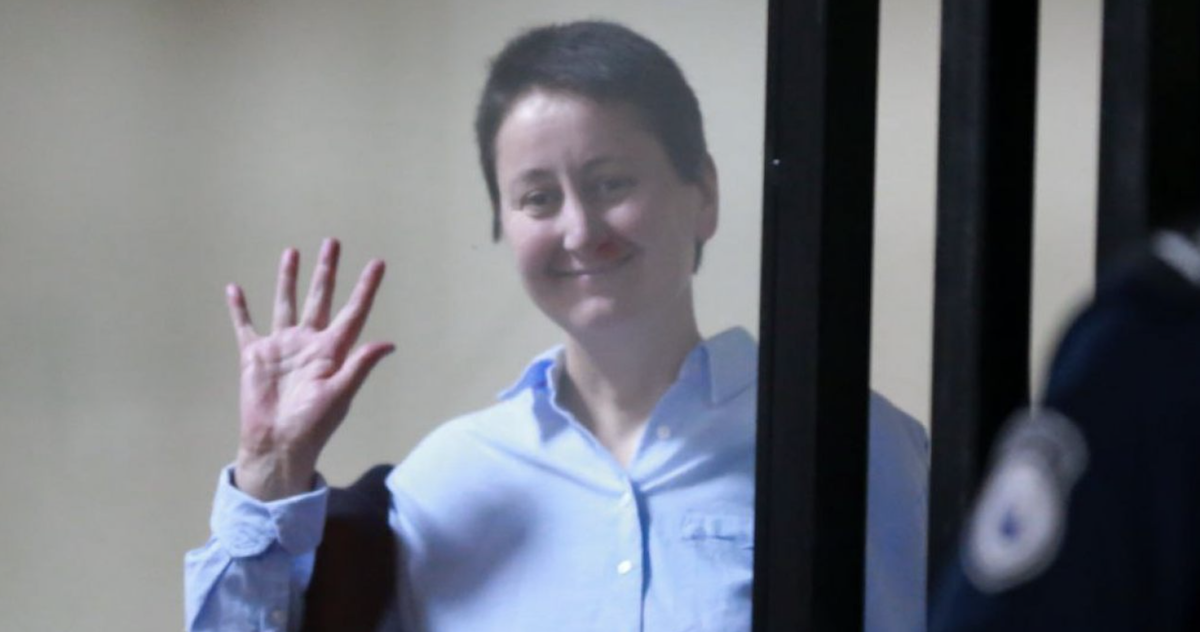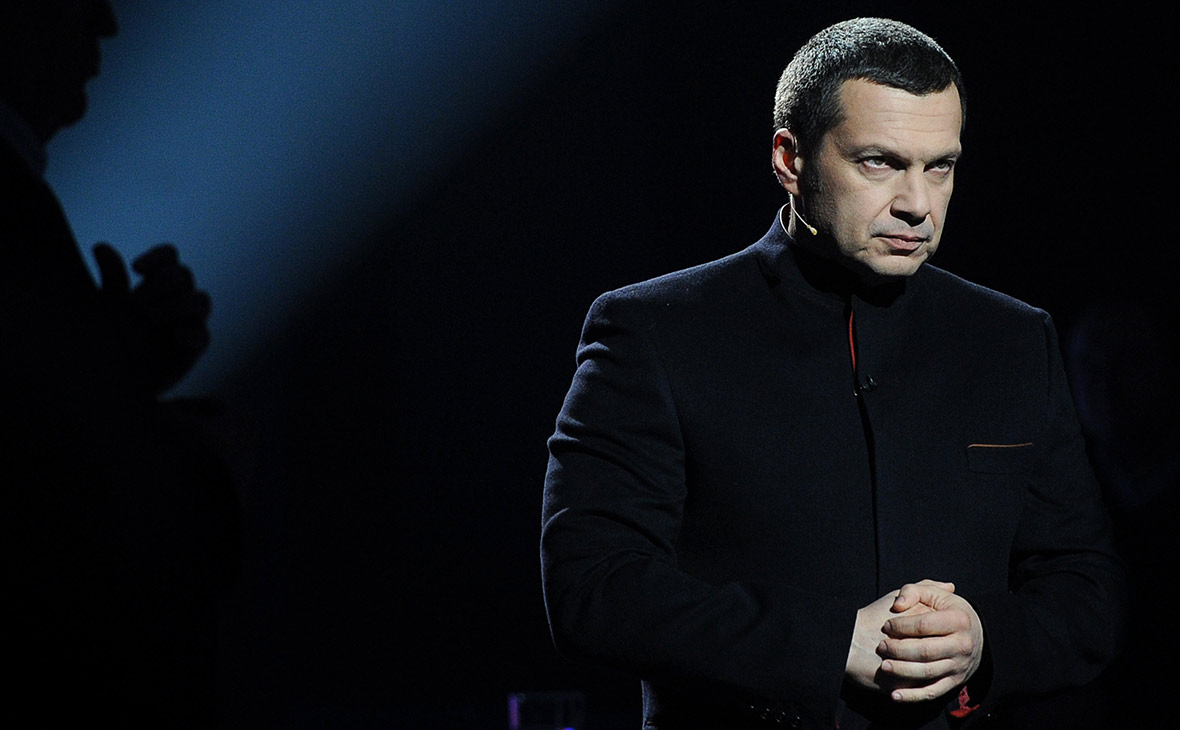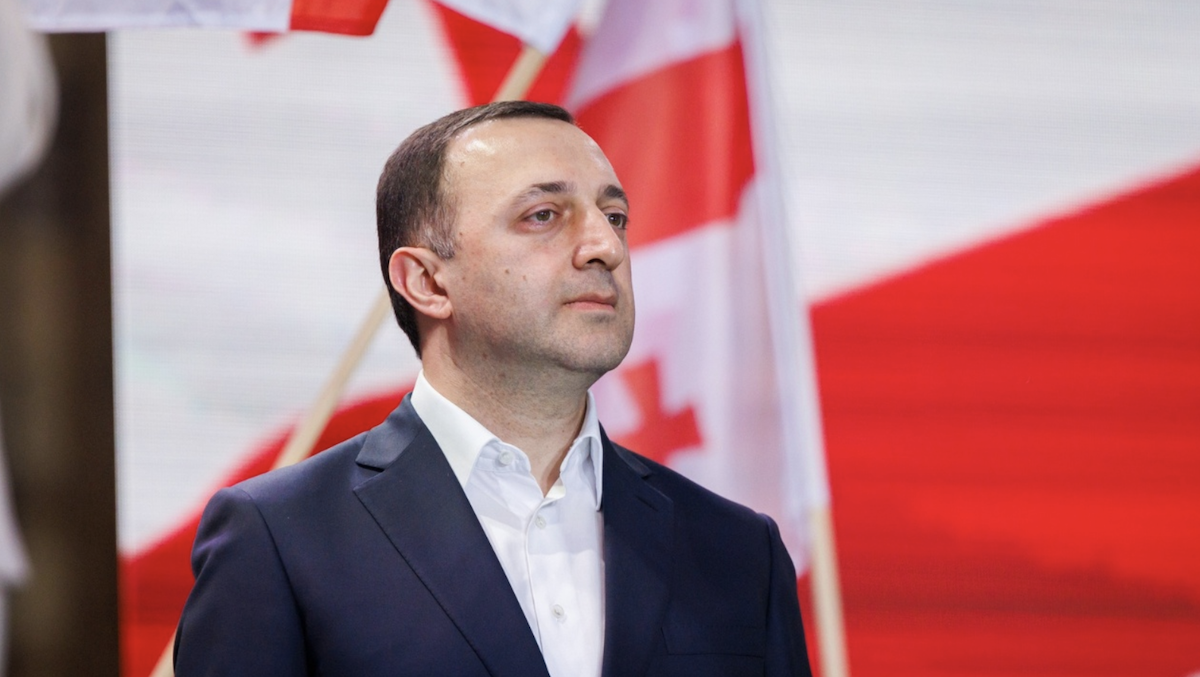“The blocking of the Lachin corridor has been agreed with Turkey” – opinion from Yerevan
Humanitarian crisis in NK
The blocking of the Lachin corridor has led to a humanitarian crisis in Nagorno-Karabakh. Starting January 18 people will be able to buy food only with special coupons. The area is running out of medicine and fuel. 120,000 Armenians are not only without a road connecting to Armenia, but without infrastructure. The Azerbaijani side periodically shuts off the gas supply. The only high-voltage line that supplies electricity from Armenia has been damaged for ten days. And 30,000 children are at risk of malnutrition and frostbite.
Since December 12, Azerbaijanis posing as environmental activists have been blocking the only road connecting NK with Armenia. They demand monitoring of local deposits and a meeting with the commander of the Russian peacekeepers stationed in Nagorno-Karabakh.
The international community is still reacting in the form of statements calling on Azerbaijan to unblock the Lachin corridor. During an extraordinary meeting of the OSCE Permanent Council, convened on the initiative of Armenia, the representatives of France, Great Britain and the United States again addressed this appeal to Baku. US Ambassador to the OSCE Michael Carpenter this time also addressed Moscow: “We call on Azerbaijan and Russia to immediately restore uninterrupted movement, fulfilling their earlier obligations.”
Turkologist Ruben Safrastyan considers the blocking of the Lachin corridor to be a “genocidal” plan, which Azerbaijan agreed with Turkey.
Children returned to NK from Armenia
Late on January 17, it was reported that nineteen children who had been separated from their parents for more than a month due to the blockade had returned to Nagorno-Karabakh. The news first appeared in Azerbaijani media with a video showing the children being filmed against their will, some avoiding looking at the camera, some covering their faces.
Subsequently the NK Ombudsman said the children had been accompanied by Russian peacekeepers. But the Azerbaijanis stopped the car on the blocked section of the road — 10-15 people in civilian clothes, with their faces and cameras covered, approached the vehicle carrying the children, burst in and took them out.
When the car was passing through the blocked section of the road, “the Azerbaijanis defiantly shouted in the direction of the vehicles transporting the children,” Gegham Stepanyan writes on his Facebook page. According to the Ombudsman, this is “illegal interference in the privacy of children, an illegal attack on their psychological integrity, honor and reputation.”
Stepanyan’s Facebook post also says that “as a result of the provocative actions of Azerbaijanis, a stampede occurred in the vehicle, due to which one of the children lost consciousness.” Russian peacekeepers intervened, after which the Azerbaijanis got out of the car.
“The ethnic hatred of Azerbaijanis towards Armenians knows no bounds and is directed even at minor children. This provocative and criminal action once again proves the fact that the road is closed and the impossibility of safe travel along it, even accompanied by Russian peacekeeping forces,” Stepanyan said.
Taguhi Tovmasyan, chairman of the parliamentary commission for the protection of human rights of Armenia, said that Azerbaijan subjected nineteen Armenian children to emotional and psychological abuse. She intends to send letters to the competent international bodies regarding this incident.
People under blockade without gas and electricity
According to the “Artsakhgas” company, Azerbaijan has again cut off the gas supplied to NK from Armenia.
From Nagorno-Karabakh it is reported that Azerbaijan periodically cuts off the flow of gas, and then “as a sign of goodwill, allows restoration work to be carried out in areas that came under the control of Baku after the 44-day war in 2020.”
Damage to a high-voltage line on the Azerbaijani side remains unfixed.
NK is trying to resolve the issue with limited internal resources and energy rationing.
Another six patients transported to Armenia
Six patients, including a pregnant woman, were transported from the local clinic to Armenia for treatment through the mediation of Red Cross staff.
Patients waiting for operations do so in vain. Ten children are in the neonatal and intensive care units at the Arevik clinic. There are nine patients in the intensive care unit at the Republican Medical Center, four of them in critical condition.”
Since December 12, when the Lachin corridor was blocked, 34 patients have been transferred from Nagorno-Karabakh to Armenia through the mediation of the Red Cross.
Comment
According to Turkologist Ruben Safrastyan, the blocking of the Lachin corridor by Azerbaijan has three goals:
- “to break the will of the people of Artsakh and force the Armenians to leave,
- strike at Armenia itself,
- discredit Russian peacekeepers.”
“This operation, which is openly genocidal in nature, was agreed to with Turkey, I would say that it is part of a joint plan. I believe that the road will be closed for some time,” he said.
Safrastyan believes that the international community should put pressure on both Baku and Ankara to stop their “joint project”.
“The US can put pressure on Turkey through diplomatic and economic means. And I think that this issue will also be given a place at the upcoming talks of the Turkish Foreign Minister in Washington. It is important that the West is starting to become more active,” Safrastyan said.
He hopes that Moscow will also take steps, saying that “it can influence Azerbaijan if it wants to.”
When asked why, with numerous calls for Azerbaijan to unblock the corridor, nothing has yet been done, Safrastyan replied that it is customary in diplomacy to make statements first.
“Only if all appeals fail, other steps should be taken, because in this case it is already necessary to use certain resources. As cruel as it may sound, everything is calculated, and the international community hopes that it will not come to a catastrophe. I think the most important thing here is the will of the Armenians of Artsakh to resist this inhuman, genocidal pressure to the end,” he maintained.
Follow us – Twitter | Facebook | Instagram
Humanitarian crisis in NK











